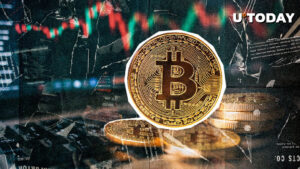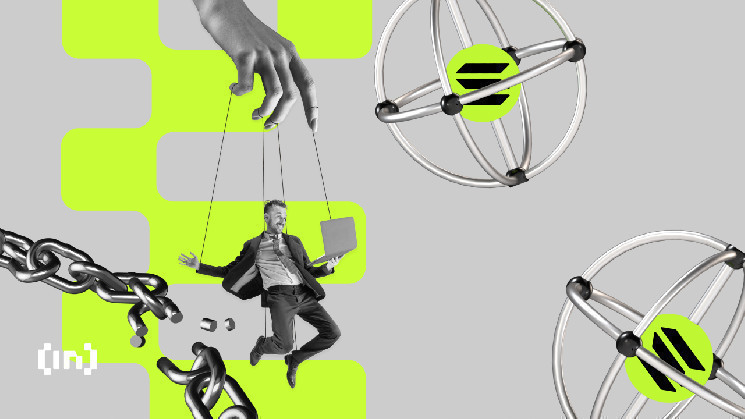A recent study by cybersecurity firm Blockaid uncovered that a staggering 50% of presale tokens launched on the Solana blockchain between November 2023 and February 2024 were malicious.
This alarming statistic has raised serious concerns about the security of the Solana ecosystem.
Solana’s Presale Involves 50% Fake Tokens
Blockaid’s co-founder, Ido Ben-Natan, said that the surge in fraudulent activity on Solana can be attributed to two primary factors.
“Firstly, the exponential increase in pre-sale token uptake in February and March, fueled by the popularity of legitimate meme coins, has provided fertile ground for scammers,” Ben-Natan explained.
He further noted that scammers exploit users’ fear of missing out (FOMO). Indeed, they employ sophisticated tactics such as mimicking legitimate transactions and creating deceptive websites. Some of the identified scammers include individuals known as Jared_eth and Bluekirbyftm.
The study’s findings reflect the urgent need for enhanced security measures within Solana to protect investors from bad actors.
In addition to the alarming rate of malicious tokens, Solana witnessed the emergence of meme coins with offensive and racist themes. These tokens, bearing names and symbols that include racial slurs, anti-Semitic references, and Nazi imagery, have drawn severe criticism from the cryptocurrency community.
Camila Russo, a prominent cryptocurrency journalist, expressed her dismay at the creation of such tokens.
“I hate racist meme coins with passion, but I love the fact that anyone can issue any token they want on top of permissionless blockchains. I believe in the right for centralized platforms to filter, list, and unlist those tokens however they want,” Russo stated.
Echoing Russo’s sentiments, Hayden Adams, the creator of Uniswap DEX, advocated for the ability of protocols to block these tokens. Protocols are expected to be open and without restrictions. However, if one manages a frontend that can effortlessly block these offensive tokens, it is recommended that action be taken.
The timing of this study is particularly noteworthy. It comes after Solana’s performance in processing transactions has been impacted by the increased trading volume in meme coins. Likewise, the heightened activity of programmatic trading bots has been spamming the blockchain.
Read the full article here









